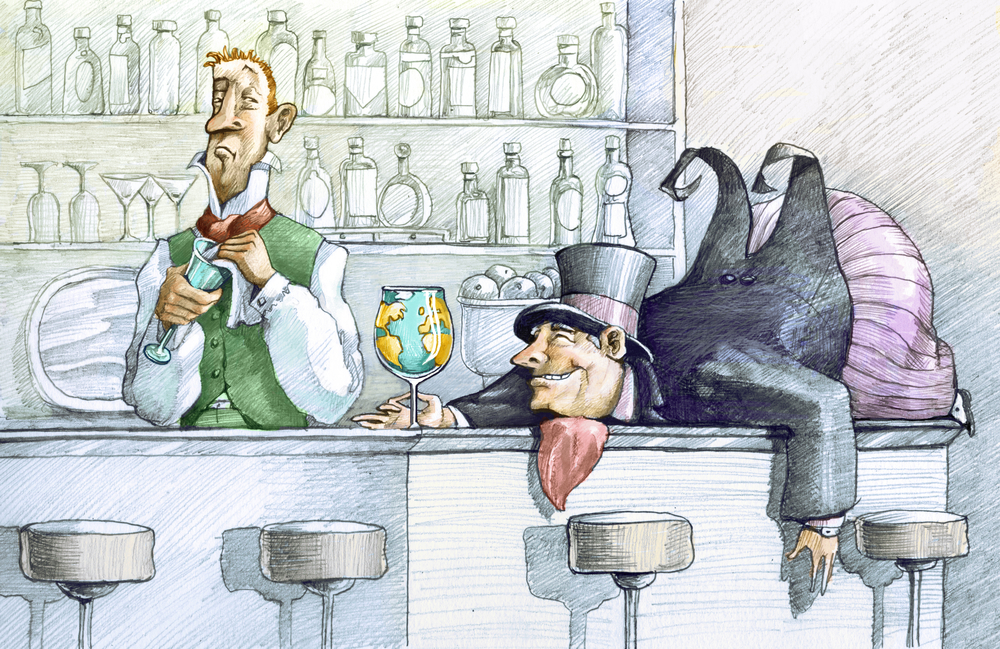Industrialization > Imperialism
By Amy Willis
Did nations get rich on the backs of other nations? Did the West get rich from imperialism? Noah Smith says no. But why not? In this episode, EconTalk host Russ Roberts welcomes Smith back to discuss these questions, based in part on a piece Smith published on his Substack. Smith tells Roberts that when most people think of plunder, they generally think colonial plunder. The problem with that, however, is that the vast majority of enrichment in the world has happened during the last 150 years, well after most colonial empires had collapsed. Listen along as Smith marshals evidence to explain why plunder is not- and never has been- the path to national wealth. While plunder might make a nation (or a person) richer, it won’t make them rich, and that’s an important distinction for Smith.
We hope you’ve had a chance to listen to this conversation, and that you’re ready to share your thoughts with us. We’d love it if you’d share your responses in the comments below. Let’s continue the conversation!
1- Smith and Roberts discuss the relationship of plunder to the idea of extraction. Why is thinking about extraction not a useful way to think about the wealth of nations? How did the experiences of the major European powers compare in this regard?
2- Smith points out that many of the richest countries today were not empires. On the other hand, Britain and France both did industrialize and had extensive colonial empires. So as Smith asks, what made them industrialize? To what extent was it the fact that they had colonial empires? How does the distinction Roberts draws between stocks and flows help answer this question?
3- The conversation turn, not surprisingly, to the 1619 project, which (in)famously declared slavery the cause of economic growth. What’s wrong with this argument, according to Roberts and Smith? [Note: For a very thorough discussion of the critiques of the 1619 Project, see also this edition of Liberty Matters led by Phil Magness.)
4- How has the nature of globalization changed in recent decades, according to Smith? What role does nationalism play today in global trade policy, and why does Smith fear the “new normal” of globalization is under threat, even as he suggests that the danger of protectionism is minor?
5- Roberts ends by asking Smith whether he is optimistic or pessimistic he is about the future. What accounts for his optimism, and to what extent do you agree with Smith- particularly about the potential for a new wave of globalization centered on Asia? As Smith muses, should we be more worried about climate change or war, and why?

